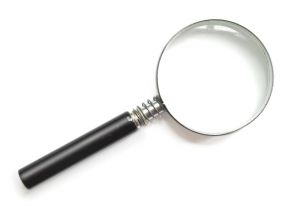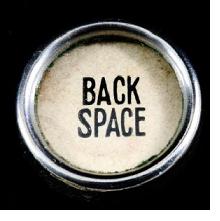
One thing about this list: you’ll notice that Craigslist is nowhere to be found. That’s because A) the goofball quotient on CL is very high and while you may find a decent gig on CL, you’ll have to waste too much time finding the diamond in all that sludge. B) With the over-abundance of freelance sites all scraping CL job ads, Craigslist is now flooded with responses to any ad–good luck getting your clips reviewed since every “day one” writer from here to the Atlantic ocean will clog up a poor editor’s inbox with replies.
10. Ask a friend or colleague. Surely one of your other writer friends knows someone who needs some writing help.
9. Check the Careers section of big sites such as AOL.com, Verizon Wireless, Tribune Broadcasting, etc. Contract jobs are often listed side by side with full-time gigs. Or who knows, maybe you’re ready for some steady paychecks? You might be surprised at what’s out there for writers in the regular gig department…not that we’re advocating you go back to working for THE MAN, but sometimes it’s good to get a reminder of why you went freelance in the first place.
8. Look at the news section of your favorite magazine/publishing/advertising mags. See those listings of new magazine announcements? New publications need HELP.
7. Look in your local online phone directory for non-profits. The money isn’t huge with non-profits, but you may find an opening for a wordsmith, however temporary.
6. Call your local churches. Times are hard, staffs are shrinking daily–do local churches and charitable organizations need a freelancer to handle newsletters, bulletins and other material? You might find a secret market lurking in your own back yard.
5. Join your Chamber of Commerce. I can’t tell you how valuable this can be for networking and making friends on the local economy. It takes time to discover new writing opportunities this way, but it is often well worth the investment.
4. Call your Mom. That’s right, your Mom. The right parent who knows the right people just might have a foot in the door someplace you might not otherwise get access to—in today’s economy can you afford to pass up any opportunity to land another writing gig?
3. Use LinkedIn to spread the word that you are for hire. Maybe your direct contacts can’t help, but what about your friends and their contact lists? Find out who is doing what and whether your skill sets apply–you could find an excellent match somewhere in the local business community.
2. Make yourself more discoverable–don’t just use Twitter to stay in touch with your friends, add professionals in your area of expertise to your Following list and put a link to your resume site. Don’t use Twitter JUST for job hunting, but consider it an extra avenue that could come in handy when other gigs become scarce.
1. Forget all the freelance job boards and just pick five companies you’d like to write for. Research them, put custom resume and published clip packages together for each one, and make your presence known. Target each company individually and be persistent without being a pain.



